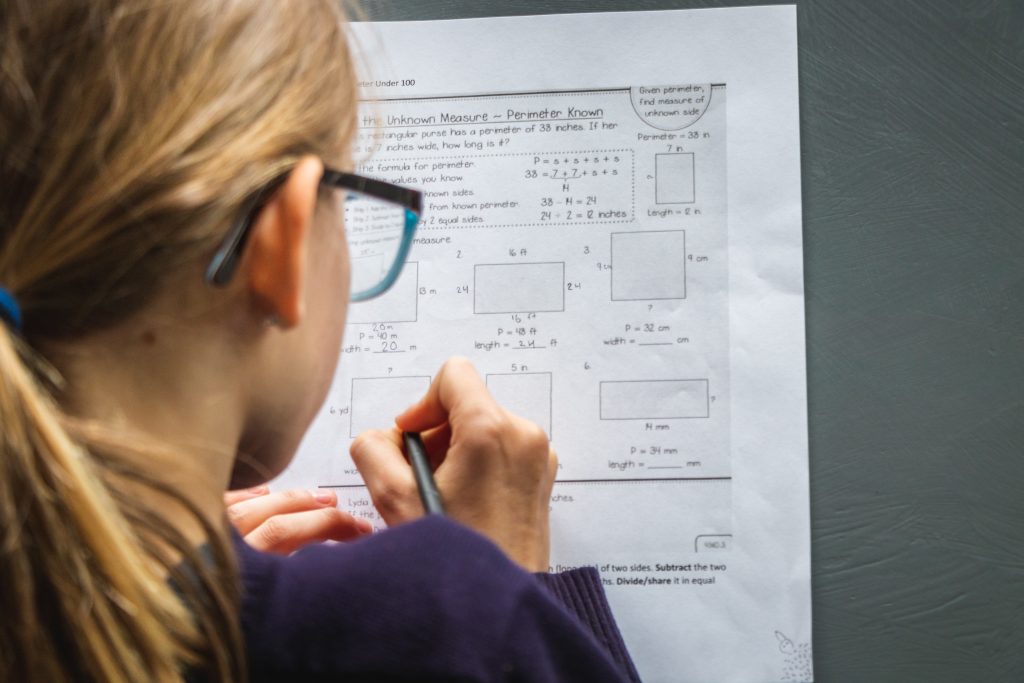
Mathematics as a subject often becomes boring and tough for the students to adapt to. Hence, teachers or guides should make the students play various types of math games so that they can engage themselves in studying it. But, the teachers must ensure that the math games build new skills and reinforce the lesson content. In this article, we shall discuss more math games. Along with that, we shall also learn about the associative property.
Table of Contents
Three Cool Math Games
Here are some cool math games that a student can play with and without a computer or other gadgets. These games are made for the classes from 1 to 8. The following points mentioned below analyze those games. VISIT HERE
- Prodigy: It is an online game-based platform where a student can develop essential skills and reinforce the content lesson. It takes inspiration from games like pokemon where two participants compete with each other to gain points.
- Tic-tac-Toe: It is a game that can be used by the students to refresh their math skills and learn new ones. In this game, the first participant to get three Xs Or Os either vertically or horizontally, or diagonally wins the game.
- 101: It is a math game that can be played under the instruction of a teacher. In this game, the class can be divided into two groups, the first group to reach the number 101 by throwing dice wins the game. This game engages the student and becomes competitive very fast.
What do you Mean by Associative Property?
Before knowing about the associative property, one must know what arithmetic operations are. Those operations which result in giving a product or resultant value are known as arithmetic operations. Some of the arithmetic operations are multiplication, addition, subtraction, and so on. Now, according to the associative property, when more than three numbers or three numbers are multiplied or added, the resultant value remains the same even if you change the order of the equation. This signifies that how numbers are grouped does not affect the resultant value i.e. sum or product. The associative property is only applicable for addition and multiplication. It is not applicable for the other two arithmetic operations.
What is the Associative Property of Addition?
The addition is one of the types of arithmetic operations where two or more two numbers are added to get a result. Now, according to the associative property of addition, if you add three or more three numbers, the sum remains the same irrespective of its order. For instance, you have three numbers such as x, y, and z. The associative property of addition states that, (A + B) + C = A + (B + C). Let us understand with the help of an example.
Example: Solve, if a, b and c are equivalent to 1, 2, and 3 respectively.
Solution:
Given that,
A = 1
B = 2
C = 3
Now, (A + B) + C = A + (B + C).
( 1 + 2 ) + 3 = 1 + ( 2 + 3 ) .
6 = 6.
What do you Mean by the Associative Property of Multiplication?
Multiplication is also one of the types of arithmetic operations where two or more two numbers are multiplied to get a resultant value. Now, according to the associative property of multiplication, if you multiply three or more three numbers, the product remains the same irrespective of its order. Let us understand this with the help of an example.
Example: Solve if, if a, b and c is equivalent to 1, 2, and 3 respectively.
Solution:
Given that,
A = 1
B = 2
C = 3
(A × B) × C = A × (B × C).
(1 * 2 ) * 3 = 1 * ( 2 * 3 )
6 = 6.
Visit Cuemath to learn more about maths concepts in a detailed manner, then book a free session.







